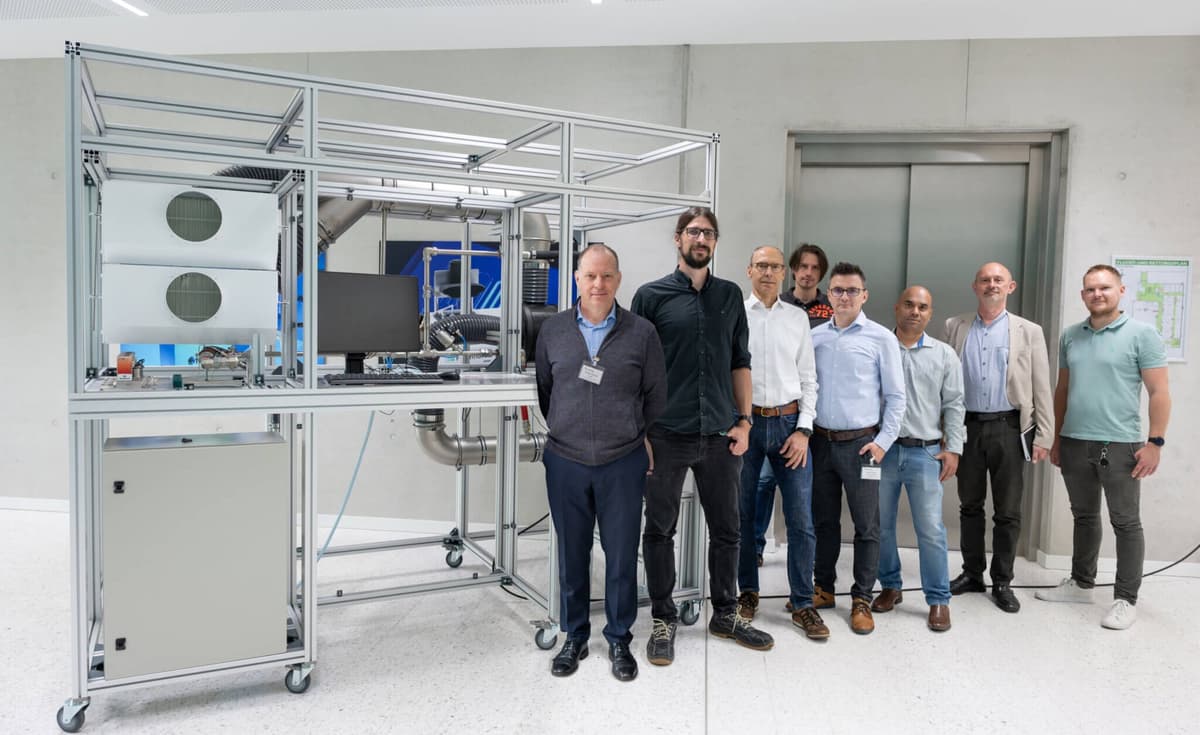Parker Hannifin and Fraunhofer Institute Renew Partnership to Enhance Fuel Cell Air Filtering Technologies
Key Ideas
- Parker Hannifin and Fraunhofer Institute for Microengineering and Microsystems continue their collaboration on air filtering technologies for hydrogen fuel cells to enhance efficiency and durability.
- The partnership aims to explore air absorption technology for fuel cell humidification applications and improve the removal of harmful gases like NOx, SOx, and ammonia.
- Efforts are focused on developing specialized air filter test rigs, evaluating fuel cell humidifier efficiency, and understanding the impact of humidifier fiber dimensions and permeability.
- By simulating real-world conditions, Parker aims to optimize its filter technology, making fuel cells a more viable solution for reducing carbon emissions and dependence on fossil fuels.
Parker Hannifin and the Fraunhofer Institute for Microengineering and Microsystems (IMM) have extended their partnership to advance air filtering technologies for hydrogen fuel cells. The renewed phase of the collaboration aims to push the boundaries of current filtration methods to enhance the efficiency and durability of fuel cells. Building on their previous progress, including the development of a test rig, the two entities plan to further explore air absorption technology for fuel cell humidification applications.
One critical aspect highlighted by the firms is the necessity for fuel cells to receive contaminant-free air to operate effectively. The joint test rig enables them to evaluate the efficacy of filters in fuel cells in eliminating harmful gases such as NOx, SOx, and ammonia. This enhancement is crucial for boosting the efficiency and longevity of fuel cells, making them a more feasible and widespread solution for cutting down carbon emissions and reducing reliance on fossil fuels.
The extended partnership will primarily concentrate on creating and implementing new specialized air filter test rigs, ongoing assessments of fuel cell humidifiers' efficiency, and investigating the effects of humidifier fiber dimensions and permeability. Burkhard Hartmann, R&D Officer at Parker's Engine Mobile Filtration Europe (EMFE) Division, emphasized the valuable insights already provided by the partnership. Through realistic simulations, the company aims to refine its filter technology to further optimize fuel cell performance and contribute to environmental sustainability.
Topics
Fuel Cells
Carbon Emissions
Partnership
Efficiency
Durability
Filtration Technologies
Test Rig
Contaminant Removal
Latest News
